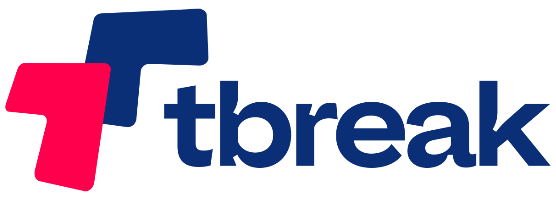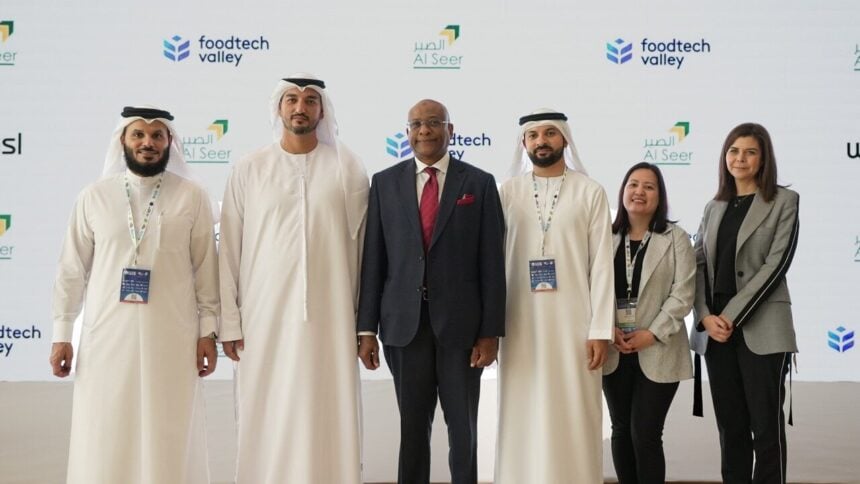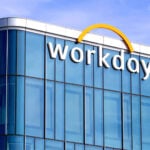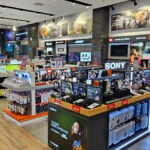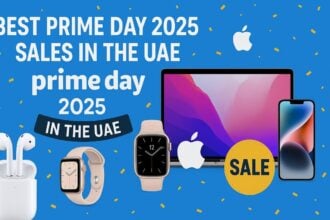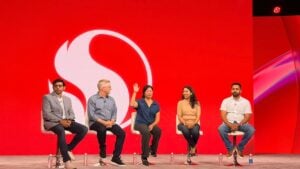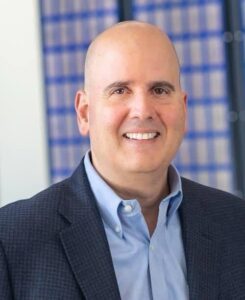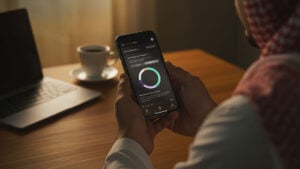Al Seer Group is partnering with Food Tech Valley to design and build a new logistics and distribution facility in Dubai. It targets faster, scalable food flows across the UAE, with cold and ambient storage, and room to back local brands over time. The agreement was signed at Future Food Forum 2025 in Dubai on 30 September.
What’s been announced and why it matters
The two organisations will develop a state-of-the-art logistics hub inside Food Tech Valley. It’s meant to support the UAE’s Food Security Strategy 2051 and strengthen the supply chain from sourcing to last-mile. Expect advanced cold chain systems, lower waste, and better product reach at stable prices.
- New hub inside Food Tech Valley
- Focus on speed, scalability and agility
- Integrated ambient and cold chain operations
- First phase serves UAE; expansion planned later
- Supports local brands and jobs creation in the UAE
The facility will start with UAE distribution and may expand product categories over time. The partners also frame the project as an anchor for skills and jobs, while giving local brands a stronger route to market—key for reducing import risk and keeping shelves stocked during shocks.
Where this fits in the UAE’s food strategy
Food Tech Valley is a government-backed cluster set up to grow high-tech food production and logistics. It bundles R&D, training, manufacturing, warehousing and distribution in one site to push innovation and business growth.
- Announced in 2021 by HH Sheikh Mohammed bin Rashid Al Maktoum
- Built around innovation, technology and sustainability
- Includes production zones, cold storage, logistics and a business park
- Supports the Food Security National Strategy 2051
Plugging a large distributor like Al Seer into that setup connects the lab side with the delivery side. That should shorten time from pilot to shelf and make demand spikes less painful. In plain terms: fewer stock-outs, better freshness and tighter cost control across the UAE.
What the partners said
The announcement highlights a single value chain—from innovation to distribution. Food Tech Valley says the hub is a “pivotal step” for the ecosystem and the UAE’s strategy. Al Seer points to scalable models that can grow beyond the UAE while backing regional brands.
- Food Tech Valley: build an integrated value chain linking innovation, production, manufacturing and distribution.
- Al Seer: create an advanced hub and stronger local networks that can scale regionally.
- Shared aim: resilience, sustainability and knowledge exchange to attract partners.
The tone is clear: take pressure off global supply chains by building more capacity at home. That mirrors ongoing moves across the region to localise critical infrastructure and skills.
What will the facility actually do?
The hub is set to combine ambient warehousing with cold chain to handle fresh, chilled and frozen goods. It is designed for speed and agility across inbound, storage and outbound. It aims to cut waste and tighten quality control, which should help keep pricing stable for shoppers in the UAE.
- Integrated cold + ambient storage
- Faster cross-docking and replenishment
- Lower spoilage; stronger traceability
- Capacity to onboard and grow local brands
- Training, jobs and skills development in the UAE
The benefit for brands is reach and reliability. The benefit for buyers is fresher stock and better availability. And for the UAE, it’s another step toward a shock-resistant food system set out in the 2051 plan.
Context: why now?
Global food supply chains are under strain from climate change, geopolitics and population growth. Building more capacity locally is a direct response. The partners position the hub as part of a “forward-thinking solution” to secure supply for the region over the long term.
- Climate and conflict raise supply risk
- Local capacity reduces exposure
- Regional brand growth keeps more value onshore
- Logistics upgrades support stable retail pricing
Signed at the Future Food Forum 2025 in Dubai, the move comes with support from the Ministry of Economy and Tourism—another signal this is core infrastructure, not a side project.
Who are the players?
Al Seer Group has operated since 1961, distributing FMCG across the UAE and Oman. It holds a Gold A food safety rating from Dubai Municipality and runs biofuel-powered logistics fleets. Food Tech Valley is a government-led initiative by the Ministry of Climate Change and Environment with Wasl.
- Al Seer: long-running FMCG distributor with a focus on efficiency and sustainability
- Food Tech Valley: cluster linking R&D, production and logistics for food tech
- Both: aligned on resilience and skills growth in the UAE
Where will the new hub be built?
Inside Food Tech Valley in Dubai.
What products will it handle at launch?
The first phase focuses on food distribution across the UAE, with scope to add categories later.
How does this support the Food Security Strategy 2051?
By adding cold and ambient capacity, improving efficiency and cutting waste, and giving local brands a stronger route to market.

